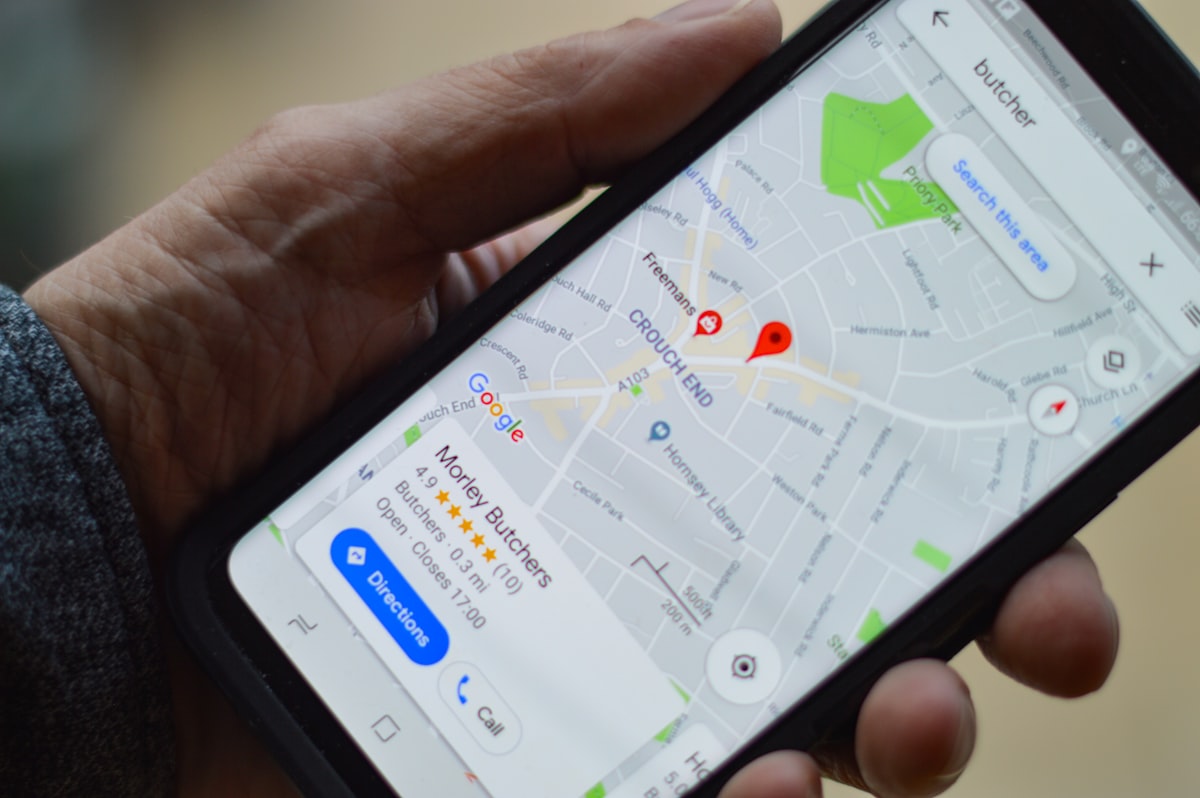Boost Your Visibility Locally: Tips for Small Businesses to Improve Their Local SEO

Local search engine optimization (SEO) is likely the most important aspect of digital marketing for a local business. My guess is that you regularly use search engines to find options in the Google Map pack when you're looking for a restaurant or service locally. Most people do.
That's why it's essential for small businesses to optimize their online presence in the local area.
Here are five quick local SEO tips for small business owners looking to improve their local SEO and boost their visibility in the local search result.
Claim Your Google My Business Listing
My hope is that you've already claimed your Google Business Profile (GBP). Google Business Profile used to be called (and often still is) your Google My Business Profile (GMB). Google Business Profile is a free tool that allows businesses to display their contact information, hours of operation, reviews, and other details in Google Search and Google Maps.
Without it, you severely decrease the chances of local customers finding you.
To claim your GBP, simply visit google.com/business and follow the steps to create a listing or claim an existing one. Add as much detail as possible, including your business name, address, phone number, website, hours of operation, and photos.
Make sure your primary business category is relevant and consistent with the page your GBP links to. Once your listing is claimed and optimized, be sure to regularly monitor and maintain it to ensure accuracy and relevance.
Optimize Your Website for Local Search
Ranking higher in the local search results requires you to optimize your website for queries with local intent. This means using local keywords in your website to produce local content, meta descriptions, and title tags.
Traditional SEO efforts are still important for local SEO marketing. Make sure your website navigation is easy to use, with clear categories and subcategories that reflect your products or services. Produce content through blogging to prove you are a topical authority. Use schema markup to provide additional information about your business, such as your address, phone number, and business hours. And as always, make sure to do in-depth keyword research to make sure you know what people are searching for.
Consistency in your name, address, and phone number (NAP) information across your website and other online directories is important for Google to boost your local ranking.
Inaccurate or inconsistent NAP information is a common issue for small businesses, which can negatively affect your local ranking. Make sure to audit your website and all online directories, such as Yelp, Yellow Pages, or Citysearch, and update any inaccurate or outdated information.
Leverage Local Directories
In addition to Google My Business, there are many other local directories and citation sources that can improve your local search rankings.
Identify some of the most popular directories in your industry or geography and create listings in those directories. Make sure to use consistent NAP information across all directories, as well as high-quality photos, detailed descriptions, and relevant categories.
Some of the most popular local directories include Yelp, Yellow Pages, local Chamber of Commerce websites, and industry-specific directories such as Angie's List or HomeAdvisor.
In addition to these directories, you may also want to consider location-based apps such as Foursquare to improve your local reach. As with Google My Business, it's important to regularly monitor and maintain your listings in order to ensure accuracy and relevance.
Build a Positive Online Reputation
Aside from actually having a Google My Business listing, your reviews are probably the second most important factor in the long run.
Google uses the number and quality of GBP reviews as a major ranking factor in the local results. Besides that, a positive online reputation can help your business stand out, attract more customers, and establish your business as a trusted local brand.
Building a positive online reputation takes time. Regularly encourage satisfied customers to leave positive reviews, not just on Google, but also on popular platforms such as Yelp or Facebook. Respond to all reviews, both positive and negative, in a timely and professional manner. By doing so, you demonstrate to potential customers that you care about customer satisfaction and that you are responsive to feedback.
Use Social Media to Amplify Local Reach
Social media can be an effective tool for small businesses to reach local customers, build relationships, and promote their offerings. By creating and sharing engaging content on social media platforms such as Facebook, Instagram, or Twitter, you can increase your reach and visibility with local audiences.
Social media can add to a local SEO strategy by building a brand and an audience, indirectly increasing traffic to your site. Being active on social media can also give you insight into what a local customer might want from your business.
You Don't Have to be an SEO Expert
You don't have to be an SEO expert to take any of the steps in this article. Each of these local SEO tips can help you build a foundation for your online presence that will grow over time.
Don't be afraid to take steps yourself to help your business grow and get found in the search engine results.
If you're just not sure where to start or have questions, feel free to comment or reach out.